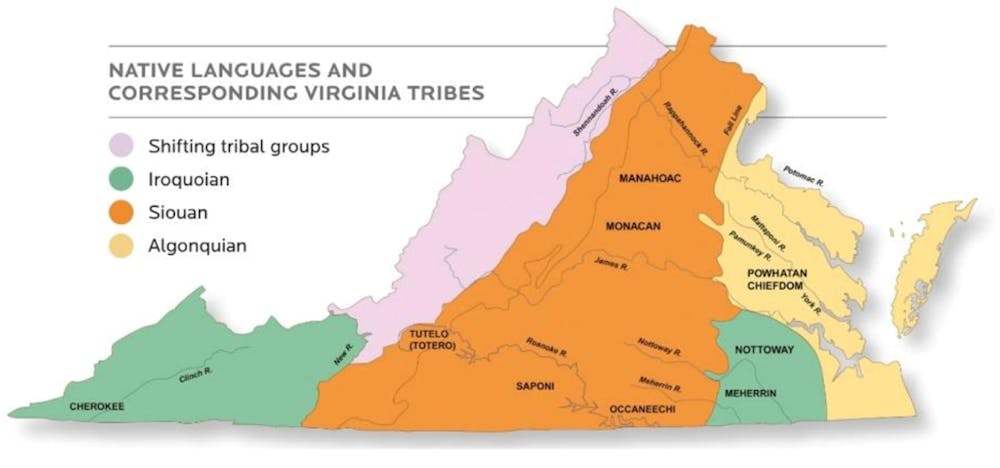Lea en español
COVID-19 poses a threat to both diversity and culture. Across the globe, the arts were threatened with the loss of over 30 millIon jobs. As a result, many cultural events have been inaccessible, posing a threat to the passing on of cultural information to subsequent generations. The United Nations Educational, Scientific and Cultural Organization suggests ways that governments across the globe can contend with these losses — such as directly supporting artists and those spreading culture professionally. By the same token, the U.S. government must work with and give aid to communities such as the Native American community who have sustained great cultural losses as a result of the pandemic. As we look towards a hopeful future with increasing vaccinations, we must contend with not only how the economy has changed but how the population has and will continue to change. This includes the loss of many diverse voices and stories as a result of this deadly pandemic.
It is no secret that the COVID-19 pandemic disproportionately affected minority groups of color in America — one such community hit hard by the pandemic is the Native American community. This community is not only sustaining the highest risk of dying from COVID-19 infections, but it now faces the loss of cultural heritage as well. Historically, the Native American community is familiar with the spread of epidemics often resulting from colonialism. Likewise, historical forced assimilations and unconsented medical testing has left the community mistrustful of the government. As a result of these historical oppressions, the highly communal Native population is vulnerable to future infections caused by ongoing discrimination, poverty and isolation. To exacerbate matters, the Native American community also suffers from less accessibility to internet services. This makes communication slower and impedes essential medical services and the spread of information on vaccination sites.
More worrisome still is how the pandemic has affected elderly populations across the nation. This includes elders of Native communities who are tasked with passing on cultural knowledge and traditions. This includes the crucial role of passing on heritage languages. For example, in the Cherokee Nation half of those treated by tribal members for coronavirus but died were fluent in the Cherokee language. The losses of cultural traditions and languages are not just a loss to the community, but they are a loss to the nation as a whole. The United Nations cited how a community’s language is tied to its sense of dignity, cultural expression and political representation. The UN has even called for member States to enact legislation in accordance with Native groups to help preserve these languages. While the U.S. government has supported legislation in the past, the loss of culture resulting from the pandemic requires additional funding and urgency to help preserve Native languages and traditions.
Internationally, we see countries wrestling with a standstill of the spread of cultural knowledge. The COVID-19 pandemic has understandably led to the temporary closing of important cultural sites across the globe. Many of these sites were already threatened by terrorist activity, trafficking and climate change. The closing of these sites impeded restoration projects that were underway and stalled educational programs tied to the sites. Similarly, in the absence of large and plentiful heritage sites, Native American elders can serve as a kind of cultural landmark educating and instilling traditions to citizens of their nation. Or as Blackfeet community member Loren Racine called them, "Elders are like libraries. Losing one is like a library burning down."
In the absence of government efficiency, Native groups have had to find ways to stop the spread of the virus. For example, The Standing Rock Sioux created their own contact tracing and several Native American tribes have been so efficient at vaccinating their citizens that they have even been able to vaccinate members outside their own communities. Similarly, the Cherokee Nation has worked on increasing access to resources to vulnerable community members, which is often difficult in rural areas, by increasing food distributions and offering financial assistance. The Mashantucket Pequot Nation is offering its citizens telemedicine in addition to delivering meals and visiting homes of the elderly. As sovereign nations, tribes are also at liberty to set their own eligibility requirements and many have chosen to prioritize tribal elders, acknowledging the important role they have in ensuring the survival of Native culture.
Historically, the government response to Native demands and relief efforts have been inefficient and too often the government has outright failed the Native community. Therefore, the government must help stop the loss of culture as a result of COVID-19 infections by increasing access to equitable healthcare, allocating funding for cultural education initiatives and supporting UN efforts to preserve endangered languages. The government can also relieve burdens by making it a goal to provide equitable internet access for all tribal citizens as well as accepting the demands of Native American leaders.
Likewise, as a collective citizenry and occupiers of Native land, we must rally behind these communities in support. We can better support these communities by donating to organizations familiar with the distinct needs of the Native community, as well as supporting legislation and demands made by Native American leaders. A community hurt by government actions should not have to solely rely on its limited resources to lift itself from a pandemic that could have been better contained had it not been for slow governmental response and action. America can, and should do better, the future preservation of cultures imperative to our nation’s history depends on it.
Yssis Cano-Santiago is an Opinion Columnist for The Cavalier Daily. She can be reached at opinion@cavalierdaily.com.
The opinions expressed in this column are not necessarily those of The Cavalier Daily. Columns represent the views of the authors alone.







